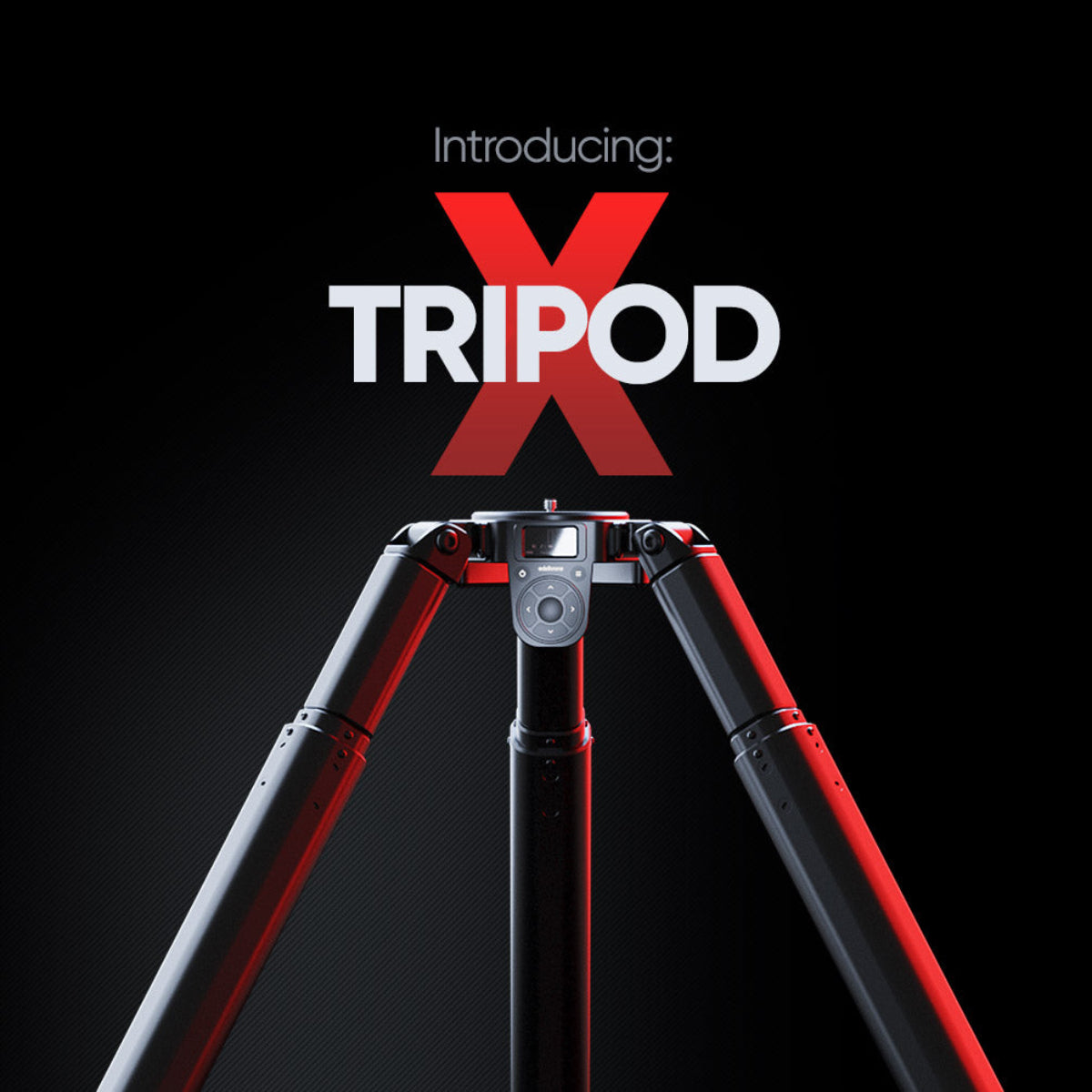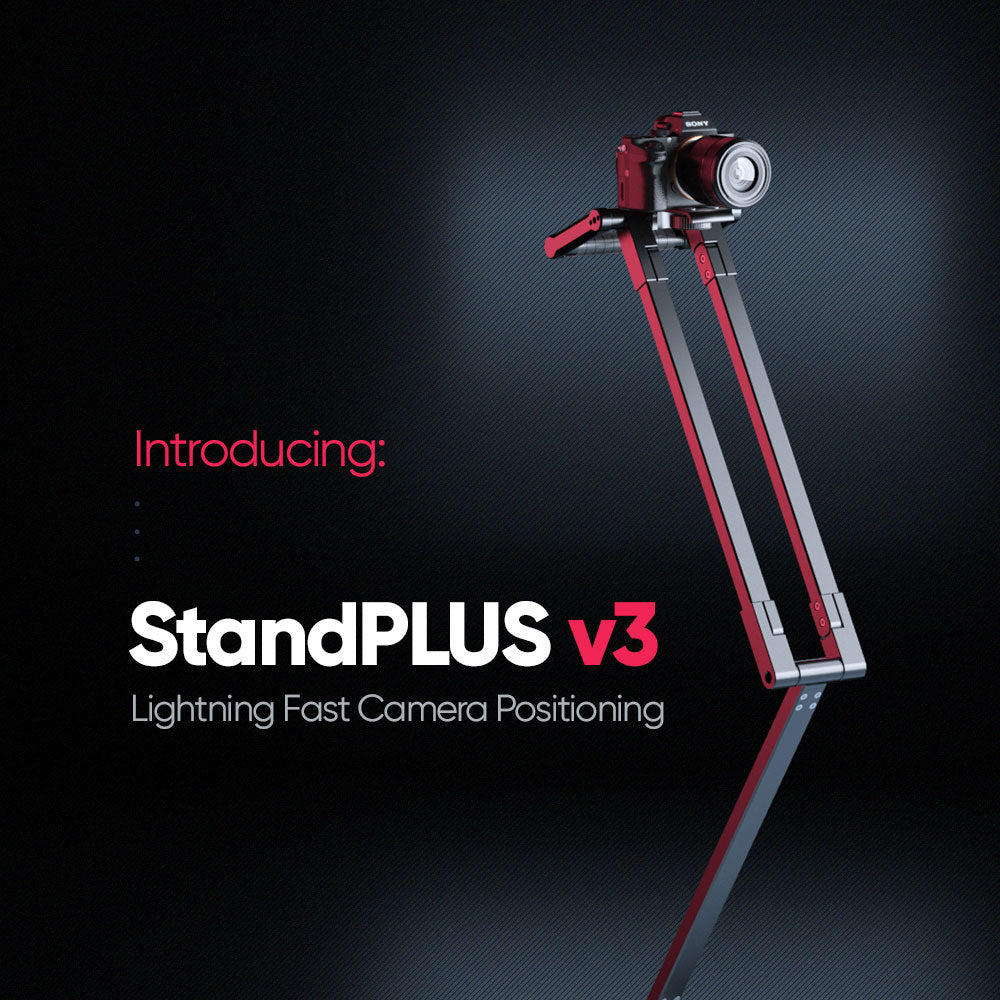Marcus Wolf
By Doğukan Güven Nomak
Reading next
Aug 18, 2018
Doğukan Güven Nomak
Sep 27, 2018
Doğukan Güven Nomak

Ends March 21
Free & Fast Shipping
Orders above $290 are shipped free of charge! In-Stock items are shipped on the same day!
No Customs
We will ship your packages as DDP. This means your products will be delivered smoothly to your doorstep after checkout. We cover all customs fees and handle the entire process for you.
30 Days Money-Back Guarantee
If you’re not completely satisfied, we accept returns for all products within 30 days. Learn more
Free Life-Time Protection
Enjoy our lifetime free Protection Plan—automatically included with full-priced purchases. Learn more






